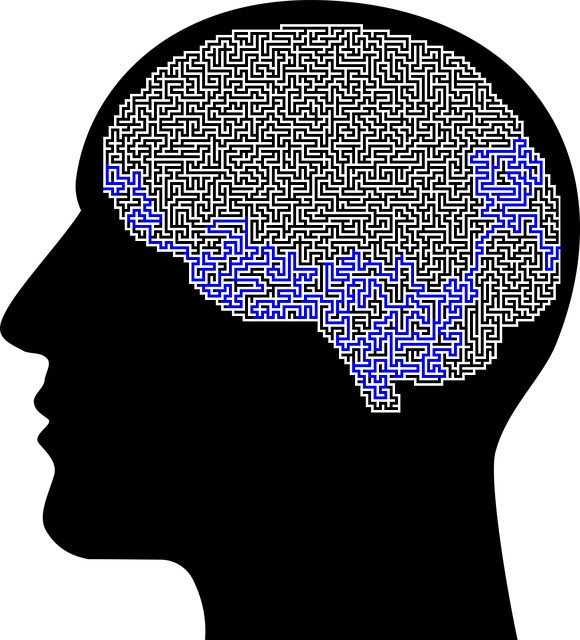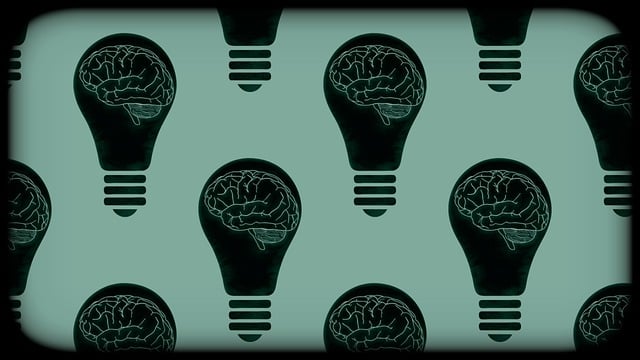Englewood Codependency Therapy (ECT) leads the way in transforming mental health support through innovative community outreach programs. These initiatives raise awareness, target local issues, and enhance well-being with interactive workshops (e.g., Stress Management, Mindfulness Meditation), peer mentoring, and educational resources. By normalizing mental health conversations and empowering residents, ECT fosters community solidarity and promotes long-term recovery. Their success is measured through evaluation, allowing them to adapt programs like Social Skills Training and Self-Esteem Improvement to better serve diverse needs.
Englewood Codependency Therapy (ECT) has recognized the power of community outreach programs as a game-changer in mental health support. This article delves into the strategic implementation of such initiatives, exploring their role in expanding access to care. We examine successful outreach strategies tailored for ECT, focusing on engaging underserved populations. By measuring impact and adopting continuous improvement practices, communities can enhance well-being and create lasting change. Discover how these programs foster a symphony of support, revolutionizing mental health care.
- Understanding Community Outreach Programs: Their Role and Impact
- Implementing Effective Outreach Strategies in Englewood Codependency Therapy
- Measuring Success: Evaluation and Continuous Improvement of Outreach Initiatives
Understanding Community Outreach Programs: Their Role and Impact

Community outreach programs play a pivotal role in fostering connection and promoting well-being within diverse communities, including areas like Englewood, where Codependency Therapy initiatives have shown significant promise. These programs aim to bridge the gap between specialized services and those who may not typically access mental health support. By reaching out to community members directly, organizations can raise Mental Health Awareness, target specific issues prevalent in the area, and ultimately enhance the overall Mental Wellness of the population they serve.
Englewood Codependency Therapy programs, for instance, have been instrumental in developing Public Awareness Campaigns that normalize conversations around mental health challenges. Such initiatives not only encourage individuals to seek help but also foster a sense of community support and solidarity. Through interactive workshops, peer mentoring, and educational resources, these outreach efforts can empower residents to take charge of their mental wellness while building resilient communities.
Implementing Effective Outreach Strategies in Englewood Codependency Therapy

Englewood Codependency Therapy (ECT) recognizes that building strong connections within the community is key to long-lasting recovery and wellness. Implementing effective outreach strategies allows ECT to reach individuals who may be reluctant to seek help or unaware of available resources. By organizing Stress Management Workshops and introducing practices like Mindfulness Meditation, ECT fosters an environment of support and understanding, breaking down barriers associated with codependency.
Additionally, integrating Conflict Resolution Techniques into outreach programs equips community members with valuable skills to navigate interpersonal challenges healthily. These strategies not only enhance individual well-being but also strengthen the fabric of the community by promoting harmonious relationships. Through targeted outreach, ECT ensures that help is accessible and encourages a collective effort in addressing codependency as a shared responsibility.
Measuring Success: Evaluation and Continuous Improvement of Outreach Initiatives

Measuring success is an integral part of any community outreach program, especially when initiatives like Englewood Codependency Therapy aim to bring about positive change. Evaluation allows for a deeper understanding of what works and what requires tweaking. By assessing the impact of programs such as Mindfulness Meditation, Social Skills Training, and Self-Esteem Improvement workshops, organizers can ensure their efforts are making a tangible difference in people’s lives.
Regular evaluation involves collecting data, feedback from participants, and observing behavioral changes within the community. This process enables continuous improvement, fostering a dynamic approach to outreach. For example, if a particular workshop series is well-received but lacks engagement from certain demographics, organizers can adapt their strategies, incorporating new techniques or tailoring content to meet specific needs, thus enhancing overall program effectiveness.
Community outreach programs, such as those implemented by Englewood Codependency Therapy, play a pivotal role in enhancing access to mental health services. By utilizing effective strategies and continuously evaluating their impact, organizations can ensure these initiatives resonate with the communities they serve. This holistic approach not only improves individual lives but also fosters healthier, more connected communities, ultimately strengthening societal fabric. For Englewood Codependency Therapy, ongoing outreach remains a game-changer in addressing codependency issues within diverse populations.














